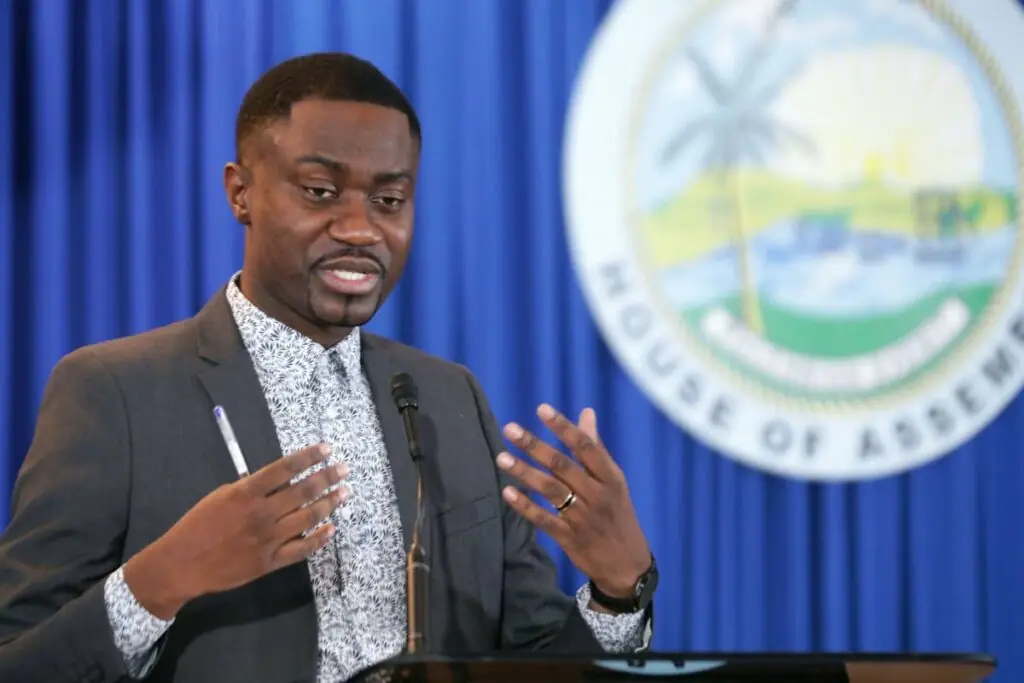Chief Secretary of the Tobago House of Assembly (THA), Farley Augustine, has made a bold statement regarding the proposed investment by Sandals Resorts.
Ahead of a crucial meeting with Sandals owner Adam Stewart, Augustine articulated that if the luxury hotel chain is genuinely interested in reinvesting in Tobago, it must bring its own capital.
Farley Augustine’s remarks come at a time when Tobago is eager to enhance its tourism offerings but is cautious about how this is achieved.
The island has previously experienced challenges with foreign investments, which have sometimes failed to benefit the local community. Augustine’s insistence on Sandals bringing its own money reflects a desire for a more equitable and respectful investment relationship.
“Come with your own US dollars, invest here, and do it on terms that respect the local economy and community,” he stated.
Augustine’s call for Sandals to operate on “own terms” is essential for several reasons. Firstly, it emphasizes the need for investments that align with Tobago’s socio-economic goals.
The THA is keen to ensure that any development contributes positively to local employment, environmental sustainability, and the preservation of Tobago’s unique cultural identity.
By requiring Sandals to invest its own money, the THA aims to mitigate the risks associated with reliance on external funding, which can be unpredictable and often comes with strings attached.
Moreover, the phrase “own terms” suggests that Tobago is not willing to compromise its standards or autonomy in the face of foreign investment.
This stance is crucial in promoting a sense of pride among Tobagonians, who may feel marginalized by past developments that prioritized the interests of foreign investors over local needs.
The announcement has stirred reactions from various political figures, including former Prime Minister Dr. Keith Rowley.
He has questioned the practical implications of Augustine’s terms, especially regarding the central government’s role in incentivizing such investments.
Rowley’s concerns highlight the complexities of investment negotiations in the Caribbean, where local and national governments must often collaborate to attract foreign capital.



